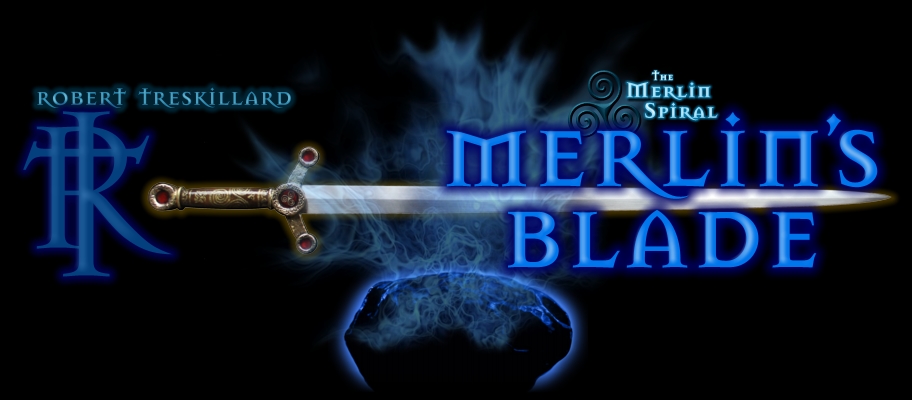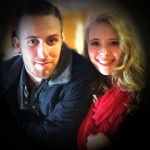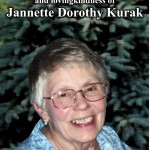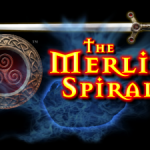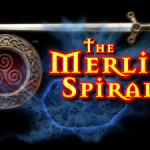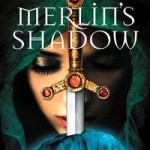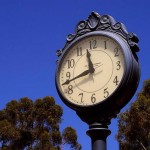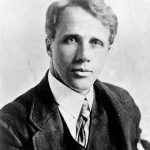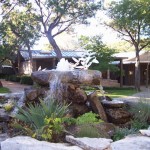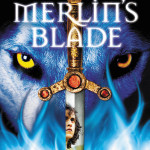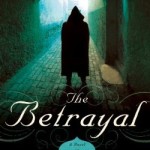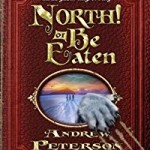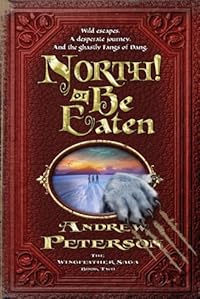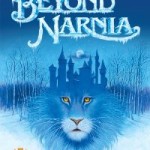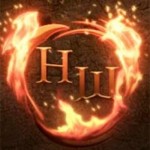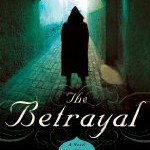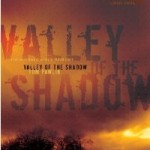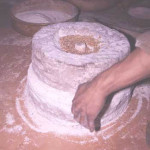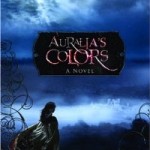Category: Christianity
A Double Dose Of Grief
Where is God in The Merlin Spiral trilogy? — Day Two
Where is God in The Merlin Spiral trilogy? — Day One
What Was Halloween / Samhain Like In Ancient Scotland?
Perseverance and Philippians 2:12-13 – Part 1
My strange connections with Robert Frost, Gaspard de Coligny, and John Calvin
The Laity Lodge Writers Retreat: A Travelogue
What is Christian Fantasy? — A Definition and a Challenge
This is an article I wrote for the Holy Worlds website, and I thought I should finally post it here, updated a bit.
Keep in mind that although I directly speak about fantasy novels—being a published author of a fantasy series—what I say applies equally to other genres of fiction and to other art forms.
So here it is:
What is Christian Fantasy?
A Definition and a Challenge
As I endeavor to define what is meant by the term “Christian fantasy”, the task reminds me of angling for catfish. When I was a kid in Minnesota, my brother caught a catfish, and I was amazed at its foot long, very thick girth. But that did not prepare me for catfish Missouri style. In Missouri, they don’t fish for catfish, they noodle for catfish.
 Now noodling is, to say it mildly, a very personal way to catch a fish. What you do is this. You find yourself a stream, climb down into the water, find a hole in the bank, and stick your bare arm in it up to the shoulder. Now, mind, you’ve no idea what’s in the hole. Down here, it could be a poisonous snake or a snapping turtle!
Now noodling is, to say it mildly, a very personal way to catch a fish. What you do is this. You find yourself a stream, climb down into the water, find a hole in the bank, and stick your bare arm in it up to the shoulder. Now, mind, you’ve no idea what’s in the hole. Down here, it could be a poisonous snake or a snapping turtle!
What you are hoping for is that the hole is actually the mouth of a catfish. If so, you grab the inside of the fish, and pull the fish out. And we’re not talking little, teensy, tap-dancing, foot long catfish here. They can be 100 pound, four foot monsters that can actually eat your arm. Well, at least you’ve got it by the, you know, gills and guts, so I guess you win. Anyway, I’ve seen pictures of these fish and, needless to say, I’ve never been tempted to go noodling.
So that’s my first impression of trying to define Christian Fantasy: it’s far bigger than I can imagine, and I’m going to have to wrestle it out of its hole to get it into the light of day.
The Betrayal by Douglas Bond — A Review
North! or Be Eaten — Review, Day Two
Today is our second day of the Christian Science Fiction & Fantasy Blog Tour review of the young-adult fantasy novel, North! or Be Eaten in The Wingfeather Saga by Andrew Peterson.
Today I’m going to unfurl my wings and cover some things in depth.
This also means:
past the “Click to Read More“, so don’t click if you want to be surprised when you read this wonderful novel. Really, I’m serious. Don’t click.
The Author
First up, here is the blurb on the back of the book:
Andrew Peterson is the author of On the Edge of the Dark Sea of Darkness, book one in The Wingfeather Saga, and The Ballad of Matthew’s Begats.
He’s also the critically-acclaimed singer-songwriter and recording artist of several albums, including Resurrection Letters II. He and his wife Jamie, live with their two sons and one daughter in a little house they call The Warren near Nashville, Tennessee.
But this doesn’t tell you all. He has recorded 12 albums, and is, as I write this, in the middle of writing and recording a new one.
One album that stands out from the others (that is not mentioned above) is Behold The Lamb, a Christmas album of all new songs recorded with many other recording artist.

When I listen to Andrew’s music (and I am listening to it right now!), I am reminded of the heart and soul of Rich Mullins, and I am carried away to places where truth, beauty, and mercy play:
Its a window in the world, a little glimpse of all the goodness getting through, and all along the way the days are made of little moments of truth.
As well, Andrew is a man who is inspired to walk in the godly footsteps of C.S. Lewis. For instance, the popular website he began (“The Rabbit Room”) is named after the room where Lewis and the Inkling’s met in Oxford, which Andrew visited on a trip to England.
Based on these first novels, I would say that Andrew is well on his way to leaving us a rich legacy (similar to Lewis) of literature that will encourage generations of children to come.
My Personal Thanks To C.S. Lewis
A few weeks ago we watched the documentary C.S. Lewis: Beyond Narnia
While not perfect, this documentary was well done, and I particularly liked the details into C.S. Lewis’s life that I had never known, such as:
- About his experience in the Great War, as well as what happened to him afterward.
- The fact that he and Warnie (his brother) took in four children from London during World War II. Can you say “The Pevensie Children”?
- Details of his courtship I had not known.
The only aspect I found objectionable was that they didn’t end on a clearly positive note of faith after his personal doubts and struggles following Joy’s death. Yes, he was human and struggled, but his faith held firm despite the difficulties, and I think they over-dramatized this.
Personally, I owe an incredible thanks to C.S. Lewis for indirectly leading me to faith in Christ. I say indirectly, because it was exactly that … as much of an indirection as can be imagined.
Here is my story:
Holy Worlds — What is Christian Fantasy?
2009 Reformation Day Faire!
Tom Pawlik’s VANISH and VALLEY OF THE SHADOW
The High Cost Of Heaven — Tuck, Day 3
Honey From The Rock
Taste And See That The Lord Is Good
February 19th started like any other day, except that I was going to the dentist to get two cavities filled. While there, I was given a shot of novocaine (or something like that) in my left cheek. While the dentist was administering the shot, I sensed what felt like electricity jolting my tongue, and my mouth became numb very fast.
The dentist thought that a little odd, but went ahead and filled my cavities, I paid and left. By bedtime, when my numbness should have gone away, my tongue was still numb. The next morning it was still numb.
What was going on?
It turned out I had received a lingual nerve injury during the novocaine shot. Apparently the needle can sometimes injure the nerves. Sometimes the novocaine can be injected right into the nerve, and scar it. For about 5% of people, the damage is permanent.

